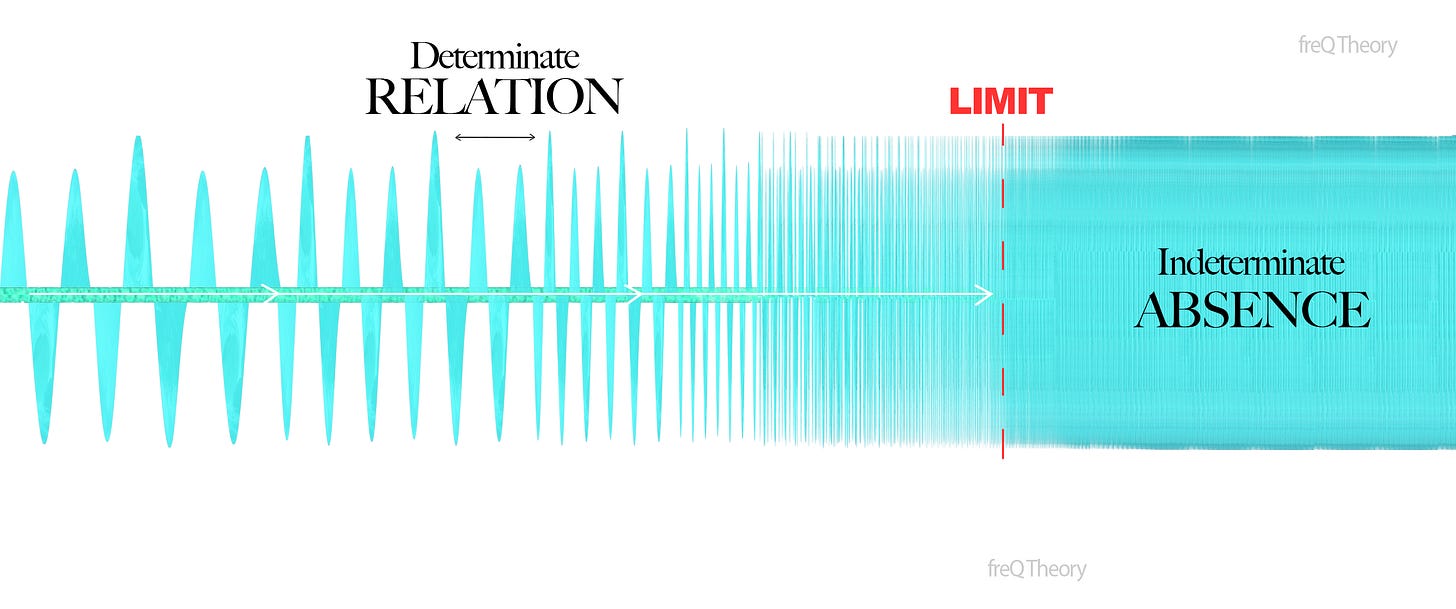Political Fish and Red Rooms
The Fearsome Absence of Completion
If we love a process, it’s perfectly sensible to behave in insensible ways—ways that would sabotage or delay the completion of the process. But it’s also a neurotic and stumpy way to live out one’s life.
The below clip (my fave excerpt from my recent talk with Tim Adalin) is about this impulse to self-sabotage. (Here I use the context of political struggle clusters, but the notion extends far beyond that). I talk about the implicit absence within completion—and the fears that arise in anticipation of it.
I’m so tickled by my cutesy red room bit (do watch the video, else you may not follow the rest) that I think I’ll continue on about it here. The red room is, after all, an extension of my primary philosophical project, freQ theory (I will be dolloping out more freQ-y bits here over the next year). In a nutshell, freQ reflects the basics of the red room story:
There is a limit to the relational capacity of any given process beyond which a temporary saturation of that process occurs.
This saturation goes by many names: success, awe, knowledge acquisition, phase transition, schematization, emergence, and so on. I posted a primer on freQ some time back. It’s probably still helpful, and its about as light as it gets, so I recommend checking it out if the short description below begins to feel too wonk…
Here we go, briefly.
Simple explanation of the above diagram: a process which is relationally dynamic (at left, the ups and downs, troughs and peaks) reaches a limit beyond which it collapses into a kind of stasis (at right, no more detectable troughs and peaks). Though it is the culmination of a process, it also represents the “death” of a process.
Less simple description: Depicted at left are a bunch of processual relations. There is difference, there are dynamics, there is relata. As the process continues, the relations intensify until a process-relational limit (middle right) is revealed. Beyond that limit (at right), we see a single form in which the relata have self-saturated. This relational saturation produces a unity. Unities, by definition, have no internal difference, no internal relata—meaning those differential relations which produced the unity have been rendered incalculable, and thereby present as temporarily ABSENT within the newly unified form.
Where did it all go!
Ok… That’s tantalizingly enough freQ for now.
Prompt.
Around the feeling of being near a momentary completion…
Sure, self-absences can feel incredible at first (the self-absence of sexual climax or ritualistic revery, for instance), but they can leave a terrible sense of dynamic loss in their wake, so they can be scary to approach—and even compel us to evade them.
Confronting the neurotic impulse to evade this deathishness probably requires a confrontation with one’s fear of death. Meanwhile, confronting the psychotic impulse to accelerate this saturation probably requires a confrontation with one’s fear of life.
In what ways do you try and avoid the saturation of processual limits (tantric edging, political self-sabotage, struggle porn)? In what ways do you try and accelerate it (ecstatic fetishization, love bombing, political naivety, spiritual bypassing)?
In what ways have you moved past either?



Thank you sir! Very much looking forward to our own talk on some of this. Your immediate grok of freq has been a huge help to me.
That was an outstanding talk with Tim, and this was an excellent reflection on it. I really like how you've brought Fre(Q) Theory into conversation with the Overton Window. It's great work.